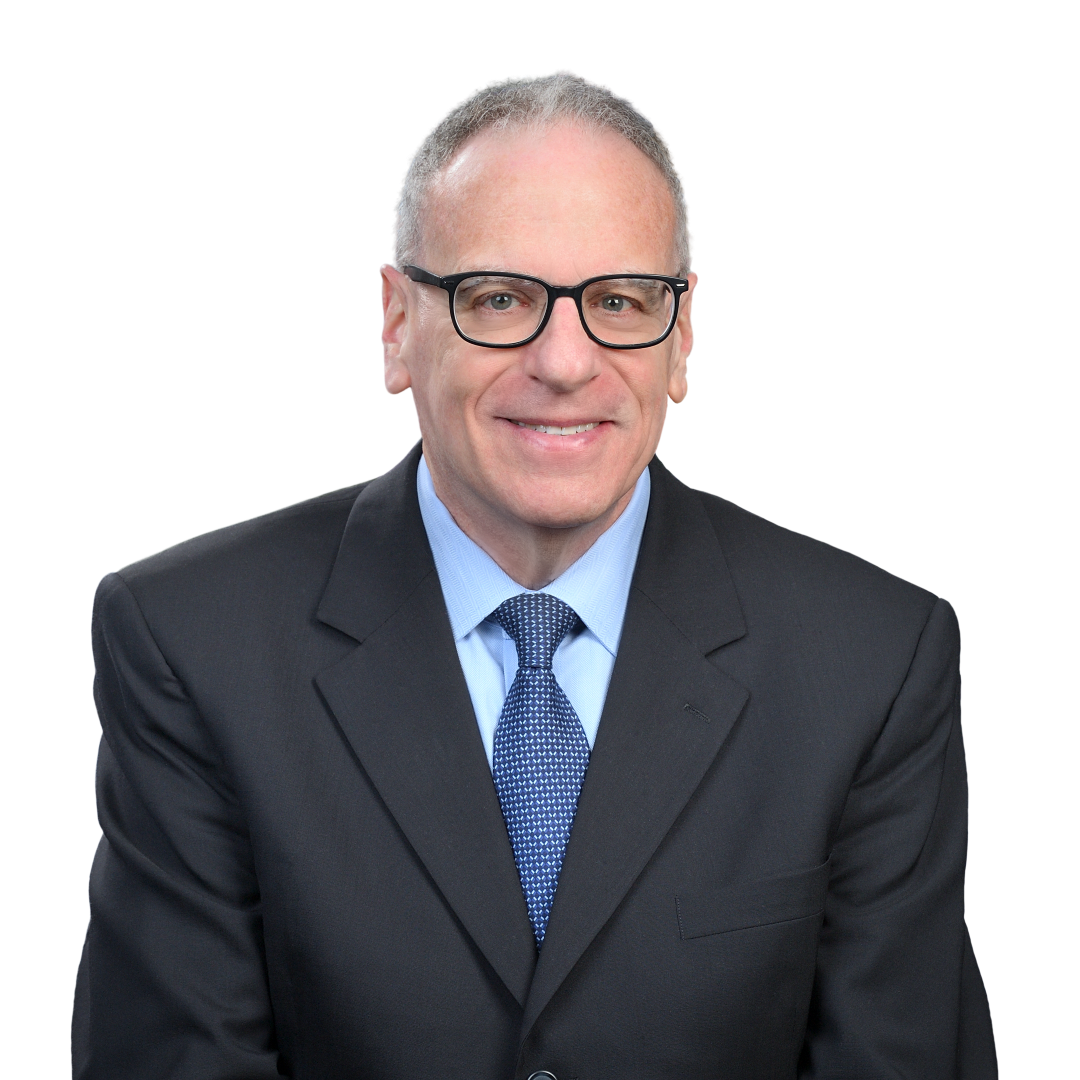Assemblyman Dinowitz Speaks at Educational Forum on Buprenorphine
Assemblyman Jeffrey Dinowitz, the Chair of the New York State Assembly Committee on Alcoholism and Drug Abuse, spoke at an educational forum sponsored by the Center for Substance Abuse Treatment (CSAT) on the newly available medication for heroin treatment, buprenorphine.
The forum was one of fourteen nationwide stops that CSAT is making in an attempt to get the word out on the efficacy of buprenorphine – available and dispensed from individual doctors’ offices – in treating opiate dependence, of which heroin and prescription pills are most common.
Speaking to an audience made up primarily of doctors and other health officials, Assemblyman Dinowitz noted the complexity of treatment issues relating to heroin. "Addiction treatment programs are encountering a new generation of opiate addicts: often young, middle-class New Yorkers who have discovered a more potent, inexpensive and easy way to acquire heroin, available in communities across the state," Dinowitz explained.
The large crowd in attendance reflected the interest in this new treatment option for opiate dependence. Commenting on first hearing of buprenorphine's FDA approval as well as approval from NYS Office of Alcoholism and Substance Abuse Services (OASAS) and NYS Department of Health Dinowitz stated, "One thing that struck me immediately was the enthusiastic and excited publicity the approval of buprenorphine generated."
Yet from a public policy perspective, Dinowitz asked the participants at the forum and others working on the use of buprenorphine to consider several crucial questions: "How much will treatment cost? Because it's likely that many patients will be covered by Medicaid, is it likely that the Medicaid system will be expanded to cover new pharmaceutical treatments for addicts?"
Dinowitz concluded his questioning by urging the doctors and health care professionals to address those concerns raised around dispensing buprenorphine. Dinowitz asked, "Since doctors and pharmacies now have the authority to prescribe and dispense buprenorphine, what specialized training will they need to manage addicted patients effectively? Methadone clinics are currently supposed to provide at least some therapy beyond just distributing the drug, will doctors who treat addicts with buprenorphine be providing other support for addicts beyond just writing a prescription for buprenorphine and sending patients on their way?"
In bringing his remarks to close, Dinowitz acknowledged that there is still much distance to cover in coming to an agreement on the most effective treatment for opiate addiction. "The approval of buprenorphine is an important step on that journey. As Chair of the Alcoholism and Drug Abuse committee, I hope this forum and future discussion on buprenorphine will answer the myriad issues surrounding its use in hope of improving the treatment of heroin and other opiate addictions," concluded Dinowitz.
